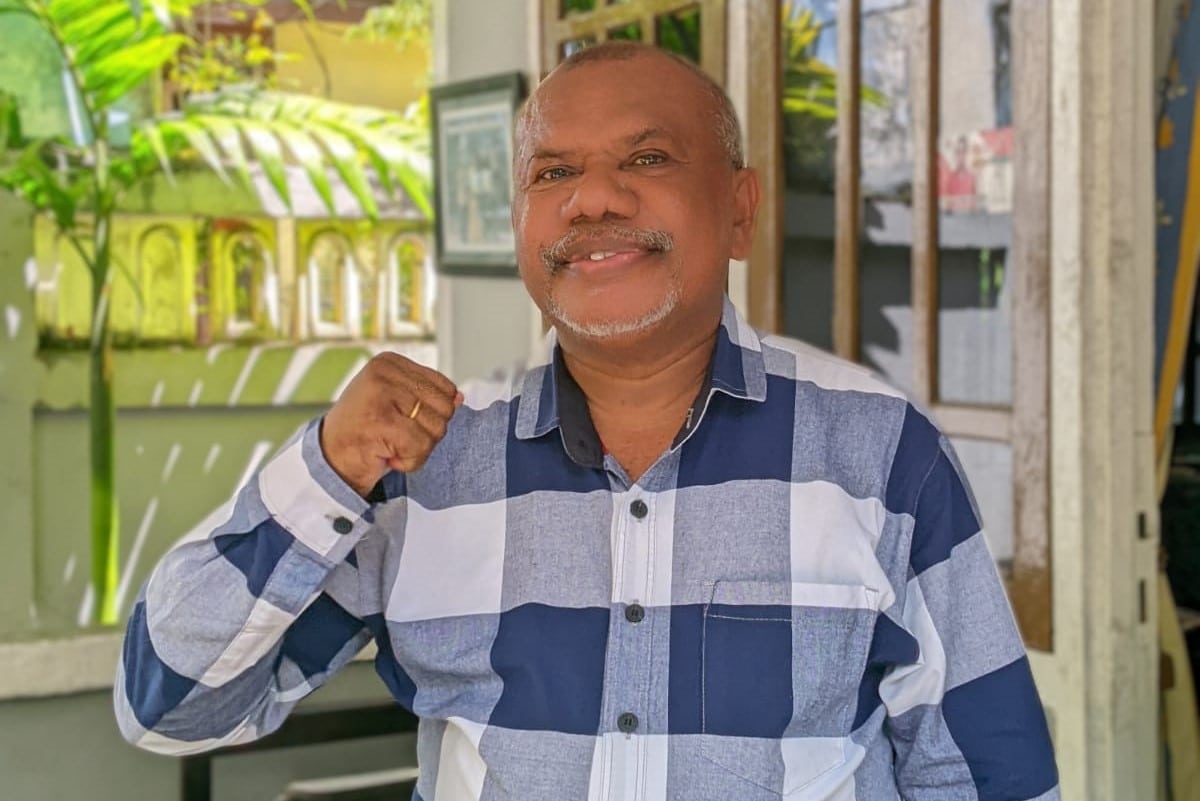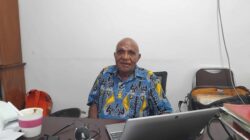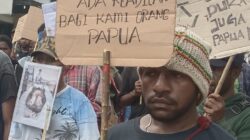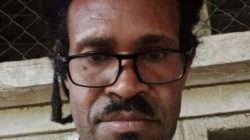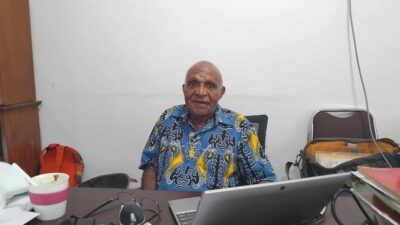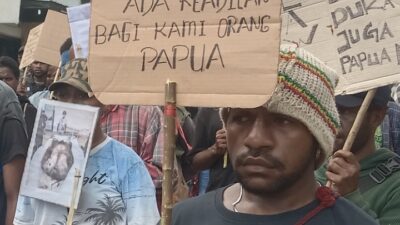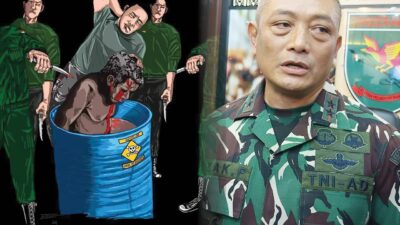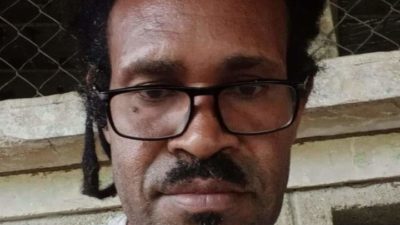Nabire, Jubi – Yan C Warinussy, the Executive Director of the Institute for Research, Study, and Development of Legal Aid (LP3BH) in Manokwari, has asserted that the acquittal of Haris Azhar and Fatia Maulidiyanti in the defamation case involving Luhut Binsar Pandjaitan has exposed the veil over military operations that have been ongoing in Papua for over 50 years. Warinussy made this statement in a press release on Thursday (11/1/2024).
He expressed strong suspicion that these military operations are likely a shield to protect illegal natural resource management activities in Papua, particularly in the Degeuwo region, commonly known as the Wabu Block.
LP3BH Manokwari, as a civil society organization focusing on law enforcement and the protection of human rights in Papua, appreciates the decision of the East Jakarta District Court in the case of Haris and Fatia. According to Warinussy, this decision at least meets the sense of justice for indigenous communities and civil society in the Wabu Block and Papua region.
“Almost the entire region of Papua is now the target of unauthorized mining operations that disregard the rights of indigenous communities and tend to damage the environment,” he stated.
Warinussy emphasized that the decision of the East Jakarta District Court is a significant milestone in strengthening the mandate of Article 28 of the 1945 Constitution, which guarantees the freedom of expression in public, as demonstrated by Hariz Azhar and Fatia Maulidiyanti.
“[The charge of] defamation cannot be applied to human rights and environmental activists who are advocating for the protection of human rights and the environment throughout Indonesia,” he added.
Warinussy argued that in-depth studies and analyses resulting from research should not be criminalized with accusations of defamation.
“The decision of the East Jakarta District Court can serve as a source of jurisprudence for the human rights and environmental protection movements in Indonesia, especially in Papua,” he concluded. (*)


